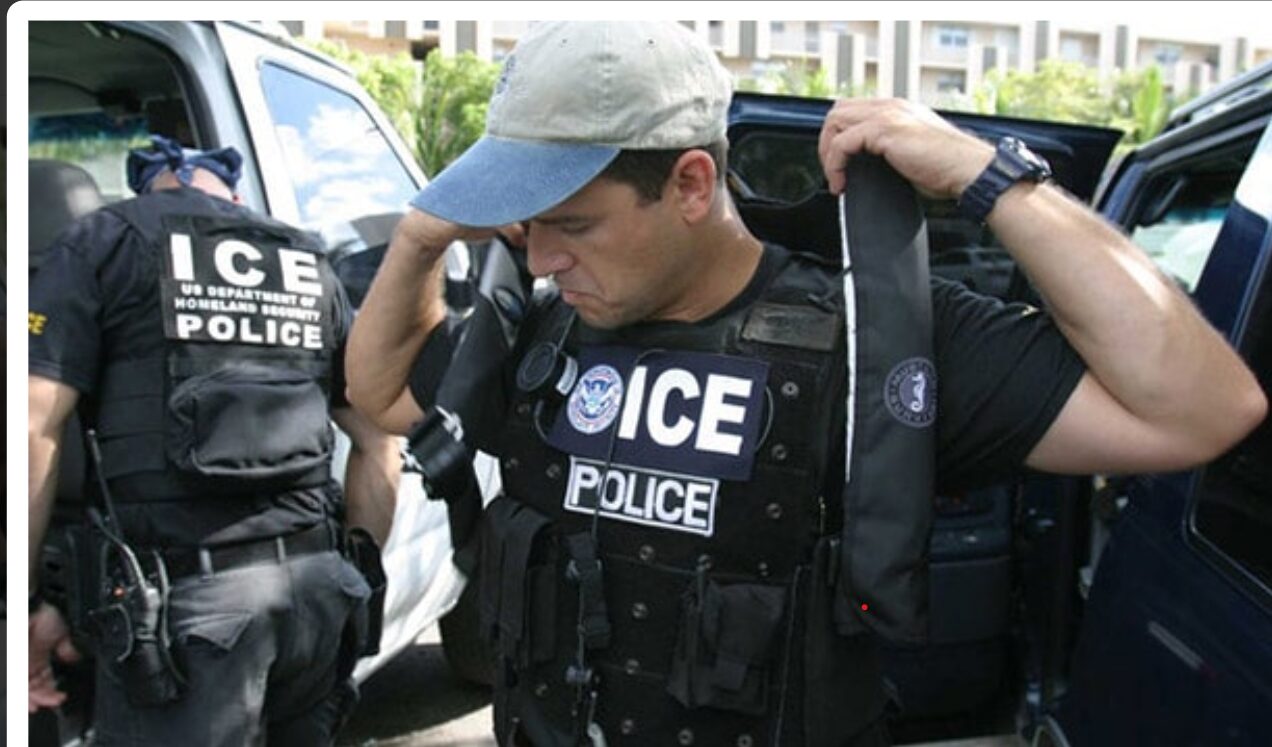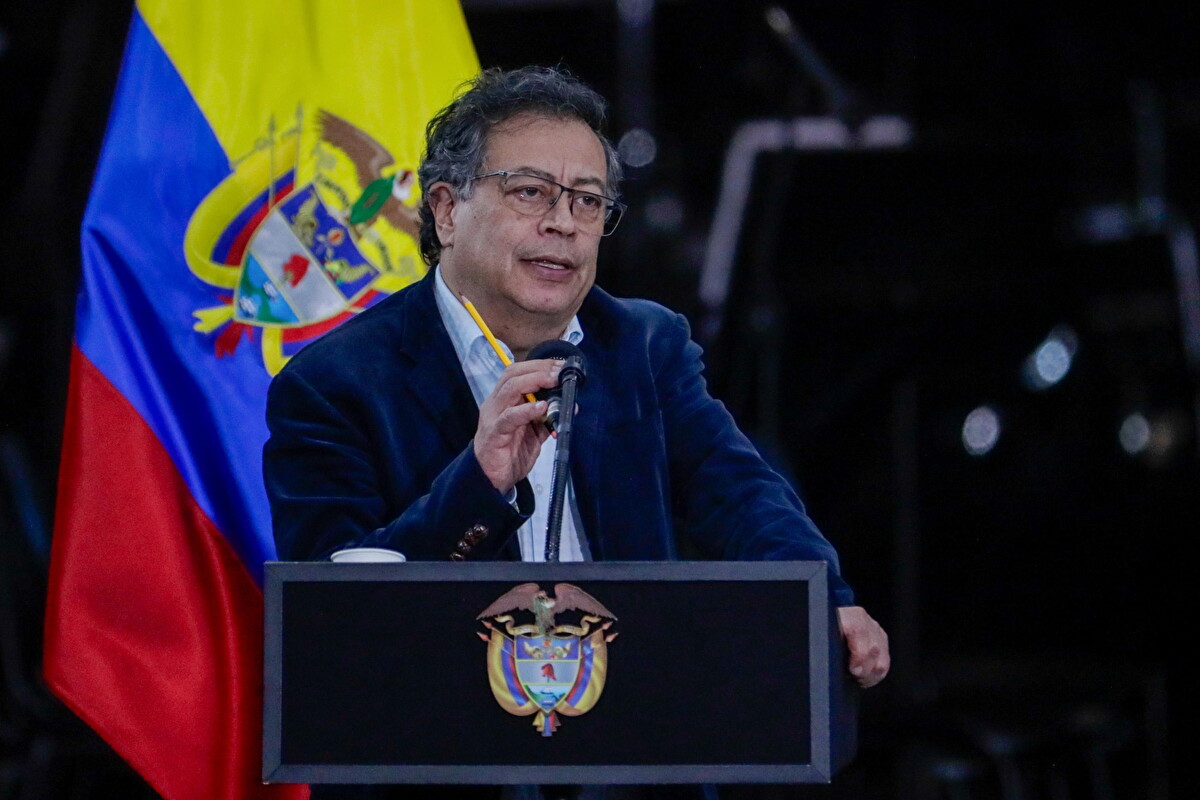Washington’s relations with its historic ally in Latin America were at serious risk of deteriorating when Donald Trump on Sunday imposed tariffs of 25 percent (they would rise to 50 percent within a week) on imports from the country – hitting key sectors such as oil, gold, coffee, and flowers – all in retaliation for President Petro’s refusal to land U.S. military planes carrying deported immigrants.
Trump had also announced the economically autarchic policy of making alternative products in the United States with government help. Colombia, whose main trading partner is the United States, in turn had responded with retaliatory tariffs. Meanwhile, Trump had also ordered restrictions on visas for Colombian officials, as well as enhanced inspections of all Colombian citizens and goods entering the United States for what he called “national security reasons.”
Then the turning point. In a statement issued late Sunday evening, the White House said that Bogota has accepted the planes with migrants and Washington will not impose the threatened sanctions. “The government of Colombia has agreed to all of President Trump’s conditions, including the unrestricted arrival of all Colombian illegal aliens repatriated from the United States, including on U.S. military aircraft, without restriction or delay,” it reads. “Today’s events make it clear to the world that America is once again respected.”
Colombian Foreign Minister Luis Gilberto Murillo said “we have overcome the impasse with the U.S. government. We will continue to receive Colombians who return as deportees.” Murillo did not explicitly mention military flights but neither did he contradict the White House announcement. Murillo and Colombia’s ambassador to the United States are expected to travel to Washington in the coming days to follow up on the agreements.

Yet, Colombian President Gustavo Petro had said he would receive citizens only “with dignity,” such as on civilian planes, because “a migrant is not a criminal and must be treated with the dignity that every human being deserves. I cannot force migrants to stay in a country that does not want them. But if that country repatriates them, it must do so with dignity and respect, both for them and for our nation. In civilian planes, and without treating them like criminals, we will welcome our compatriots. Colombia deserves respect.”
Trump had reacted by saying that there are plenty of “illegal criminals” in the United States and accusing “the socialist president of Colombia” of endangering U.S. national security.
Several Latin American officials said they were baffled by the arrival of migrants with leg irons and handcuffs. Other flights landed in Guatemala on Friday. A flight carrying 88 deported Brazilians landed in Brazil, but not without triggering the first diplomatic clash between the new Trump administration and Brazil’s president, Luiz Inácio Lula da Silva, a former trade unionist and champion of the left.
The flight, which left Friday from Alexandria, Louisiana, was destined for Belo Horizonte, in southeastern Brazil. However, due to technical problems, it made unscheduled stops in Panama and Manaus, in northern Brazil. U.S. officials reportedly tried to continue the journey, but the Brazilian government intercepted the plane with its Air Force and forced a landing, so that the deported migrants could be freed of shackles and leg irons before reaching their final destination. The deportees arrived in Belo Horizonte at about 9 p.m. Saturday.











